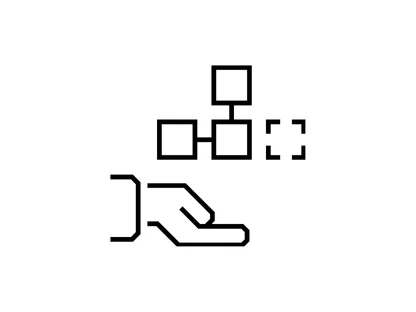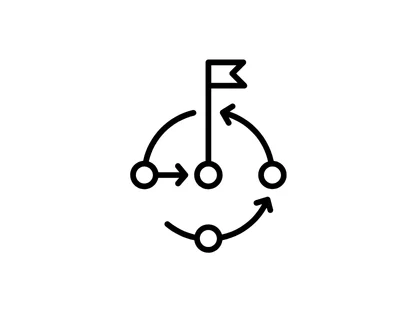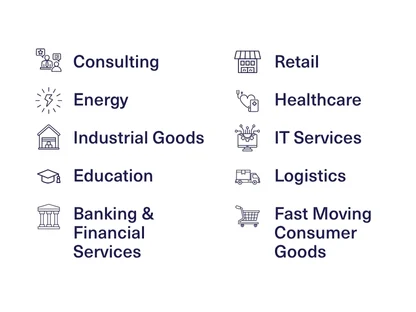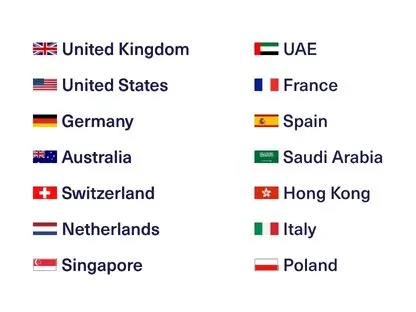
Circular Economy and Sustainability Strategies
Create business strategies using a sustainable circular economy model
Shape a resilient future through circular leadership
The overexploitation of natural resources required to achieve economic growth and development has negatively impacted the environment and adversely affected their availability and cost. Circular economy offers new ways to create a more sustainable economic growth model, and the concept is taking hold across the world.
The six-week Circular Economy and Sustainability Strategies online programme is designed to help you understand the growing business case for sustainable solutions. You will learn how to manage and grow a sustainable organisation by incorporating circular economy principles into your strategies.
71%
75%
Key takeaways
Develop a nuanced understanding of the three dimensions of sustainability: society, environment and economy.
Build the vocabulary and vision to explain how to create a business culture of sustainability.
Discover how to demonstrate the value of impactful investments.
Learn to plot and implement steps for developing a sustainable business model.
Who is this programme for
The six-week Circular Economy and Sustainability Strategies online programme is is designed for professionals looking to lead with impact and drive business success by using circular economy strategies.
Mid-level managers and team leaders: Ideal for those aiming to embed environmental sustainability into day-to-day operations, inspire innovation within their teams and grow their sustainability leadership potential through practical and actionable learning.
Senior executives and decision-makers: Well suited for leaders aiming to align business strategy with sustainability goals, drive long-term value and lead organisation-wide transformation with clarity and confidence.
Consultants and sustainability advisors: Perfect for professionals advising on sustainability who want to sharpen their strategic edge, expand their toolkit, enhance their advisory capabilities and deliver high-impact solutions across industries through a structured action plan approach.
Hear from our participants
What you will learn
*For more information on the syllabus, please download the brochure.
How you will learn

Sustainability frameworks
Work with foundational models, including circular economy and reSOLVE’s six strategies for sustainable growth.

AIDA principle
Use the AIDA model to shift organisational culture towards sustainable thinking and action.

Real-world examples
Discover how organisations apply sustainability to innovate, cut waste and boost performance.

Global network access
Connect with a global network of professionals and leaders focused on circular innovation.

Flexible, applied learning
Learn at your own pace and apply circular principles immediately in your organisation or industry.

Q&A sessions
Get questions answered in live sessions to deepen understanding and support your learning journey.
Assignments
Assignments centre around a dedicated workbook designed to help you apply circular economy strategies and sustainability frameworks within your professional context. They address all key aspects, including identifying initiatives, managing stakeholders, pitching ideas and ensuring successful deployment.
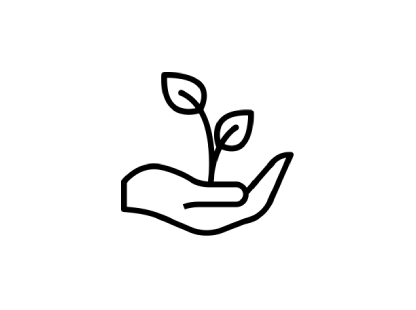
Assess your organisation’s contributions to the conservation of the Earth's natural capital and how this supports environmental sustainability.
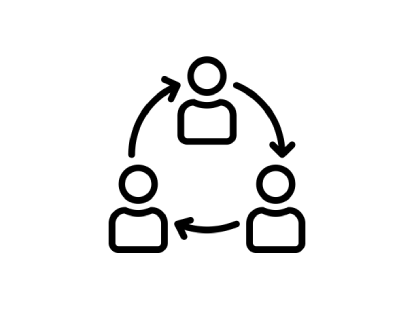
Identify stakeholders and plan how to guide them through a shift to a circular economy model.

Create a one-page pitch describing how you would apply all five markers of sustainability to make your organisation more sustainable and reduce its environmental impact.
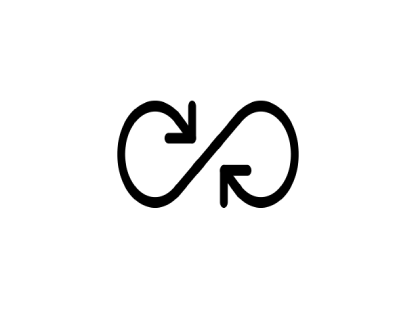
Through a series of six assignments, develop an initiatives register and use it as a guide to evaluate the circularity of your business model, identify relevant stakeholders and pitch your sustainability initiatives.

Your sustainability workbook
The sustainability workbook is a hands-on document that captures your reflections, assignments and strategic thinking as you move through each module. The workbook is designed to help you apply key concepts to your work environment, develop an actionable plan for advancing environmental sustainability and drive sustainable development. It becomes a personalised reference that you can use to guide ongoing initiatives, shape strategy and reinforce your sustainability leadership long after the programme ends.
Faculty
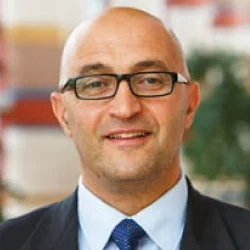
Management Practice Professor of Financial Economics & Policy, Director of the Cambridge Executive MBA Programme, Director of the Circular Economy Centre (CEC), Fellow of Clare Hall College, PhD (University of Nottingham)
Professor Soufani has published extensively in economics and finance in areas relating to financial management, corporate restructuring, M&A, private equity, venture capital a...
Featured guest speaker
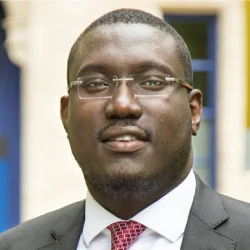
Management Practice Associate Professor (Finance), Deputy Director of the Executive MBA Programme, Fellow of Hughes Hall, MPhil, PhD (University of Cambridge)
Dr Cole is a Senior Faculty in Management Practice (Finance) and the Deputy Director of the Executive MBA Programme at the University of Cambridge Judge Business School. He is...
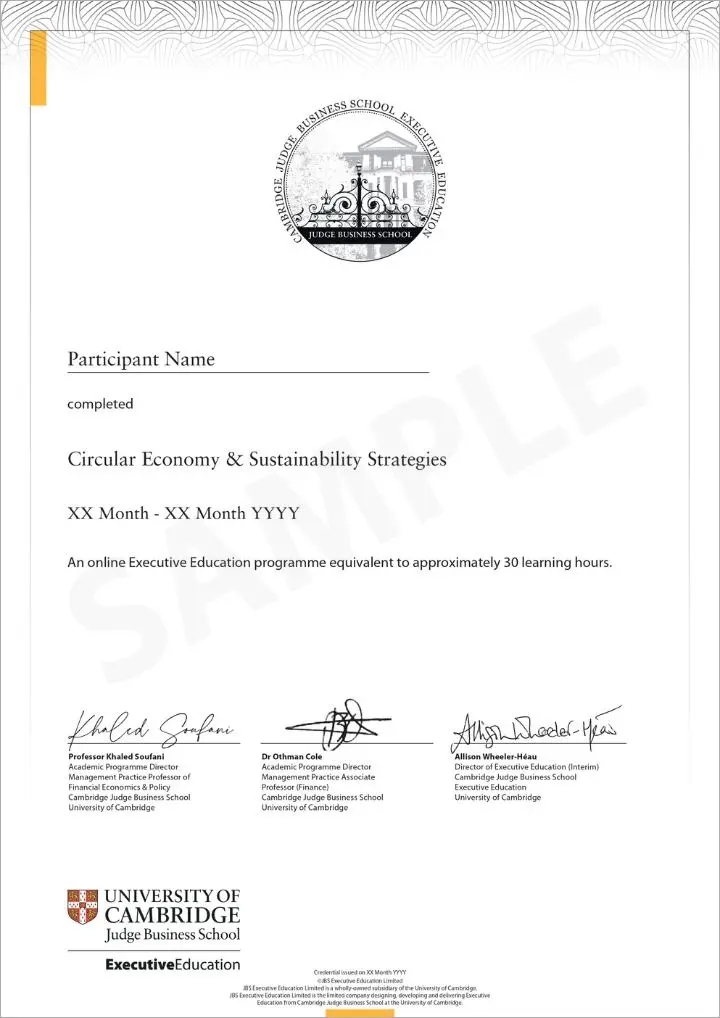
Certificate
Upon successful completion of the programme, participants will be awarded a digital certificate of completion by Cambridge Judge Business School Executive Education.
Please note that this programme can be incorporated into the completion of the Cambridge General Management Certificate of Achievement (GMCA). It will be credited as an in-person two-day programme for the purpose of meeting the GMCA requirements. If you require more details on the GMCA and wish to speak to our advisers, please contact executive.education@jbs.cam.ac.uk.
Note: After successful completion of the online programme, your verified digital certificate will be emailed to you in the name you used when registering for the programme. All certificate images are for illustrative purposes only and may be subject to change at the discretion of Cambridge Judge Business School Executive Education.
FAQs
Didn't find what you were looking for? Write to us at learner.success@emeritus.org or Schedule a call with one of our Programme Advisers or call us at +44 203 479 4043 (UK) / +1 315 819 0707(US) / +65 3163 8580 (SG)

